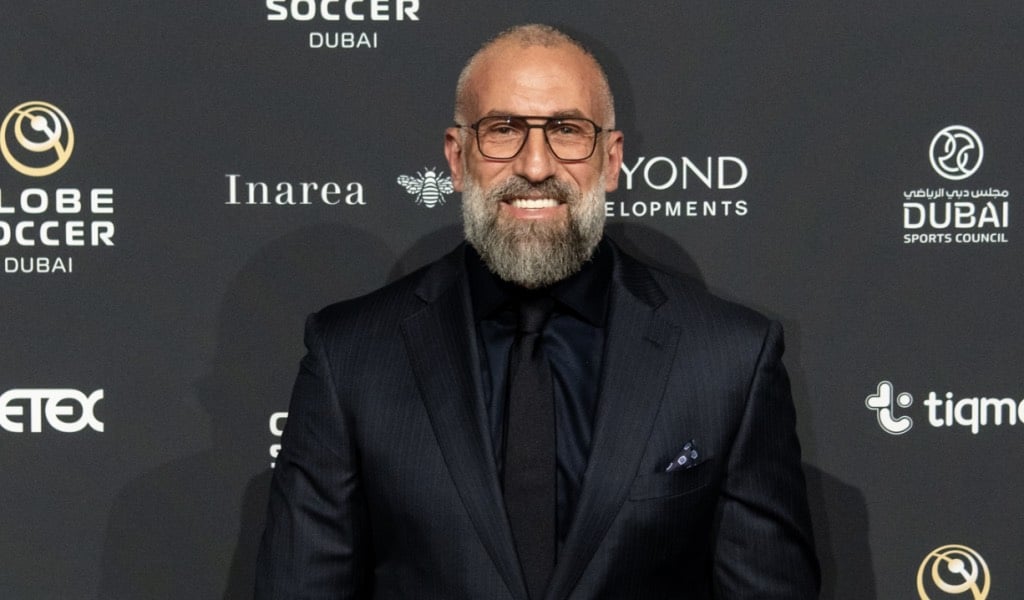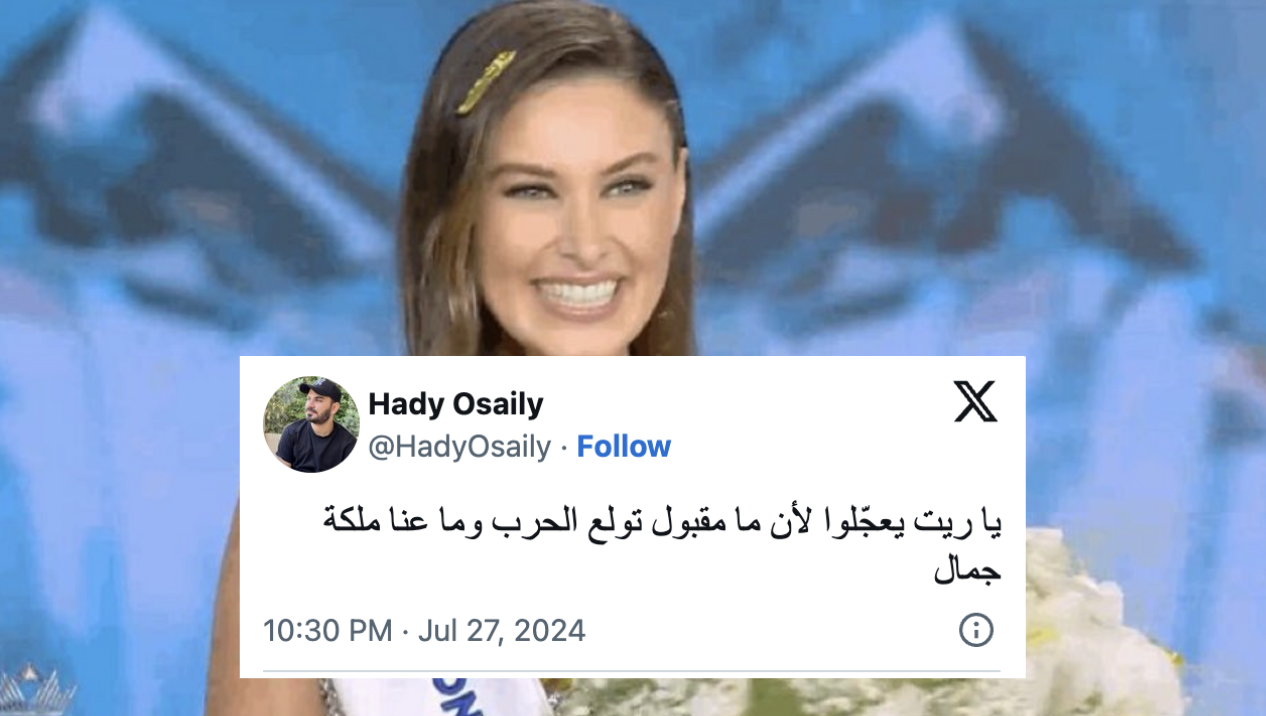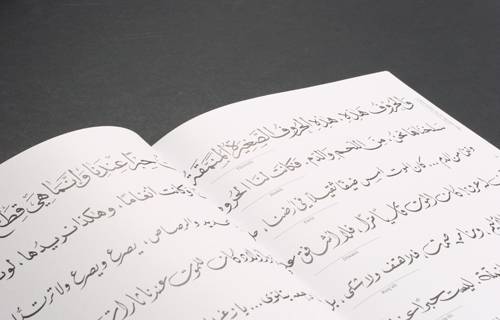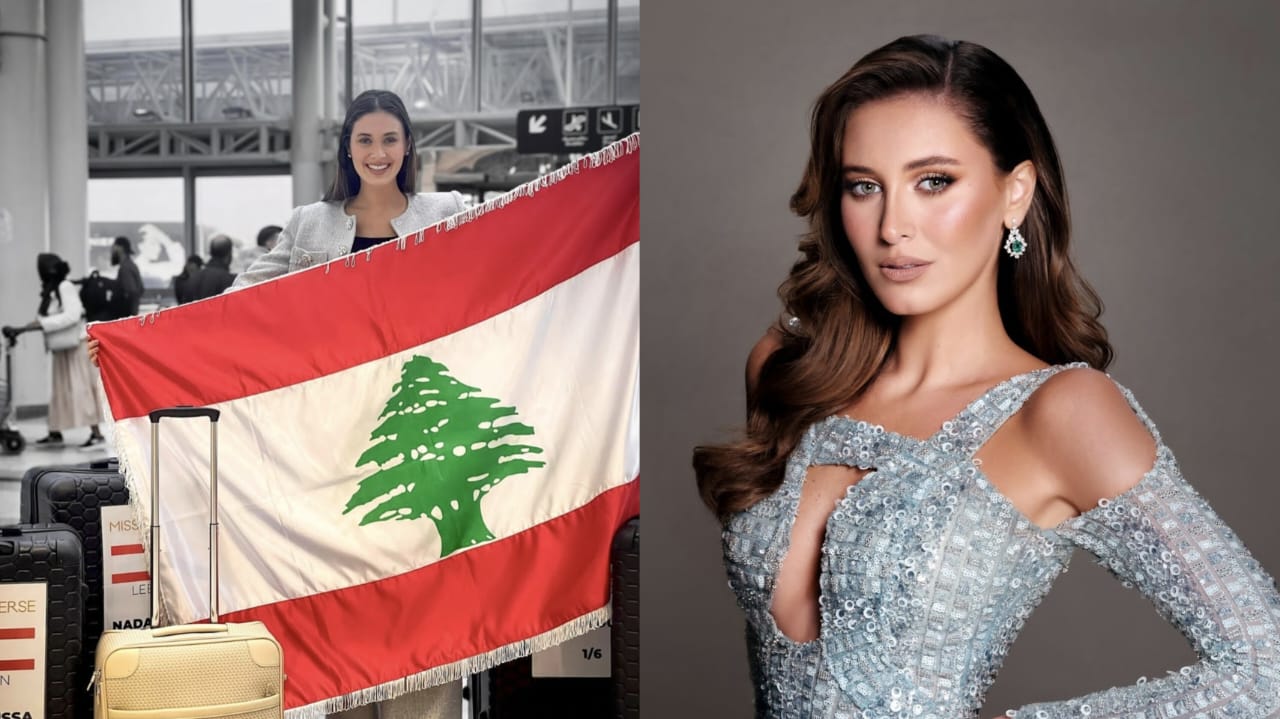Artist Spotlight: Interview With Lebanese Film Director Kareem Jrab
We sat down with New York-based Lebanese film director Kareem Jrab, a creative powerhouse who is showcasing what creators from the Arab community have to offer. Here’s what he had to say!

Credit: Christina Bardakjian.
Q: Hi Kareem, I’m so excited to be able to sit down with you.
A: Hey! It feels great to be able to have this conversation with you too! I’ve been a reader and a big fan of Beirut.com for the longest time and never would I have thought that I would be sharing my story on your platform! What I love the most about Beirut.com is that it brings Lebanese people together from all around the world to relate to one another. And I’d love for someone to relate to me or be inspired by me after our conversation.
Q: Thank you so much! Showcasing talents like yours is also something we love to do. I know that you kickstarted your career here in Beirut. How do you think the city shaped your style as a film director?
A: I was always drawn to theater as a kid. I was always fascinated with theater, the stage, drama, and I branched out when I was in my last few years of school. It all started when I picked up my phone one day and started making films, but I never thought of it as a career path. It was a struggle at first coming to terms with what I genuinely wanted to do as I didn’t follow the stereotypical career paths like my parents imagined such as medicine or engineering or even business. So, I was kind of stuck like should I listen to my parents or listen to myself? I actually worked on “925”, which is a short film portraying how people unconsciously get stuck in a work routine forcing them to be stuck in a mold, and this is exactly what I didn’t want to be and why I preferred the creative route over the corporate one. I completed freshman year in Lebanon, and I decided to leave because, unfortunately, I felt like I would get more recognized abroad. Sadly, in Lebanon, not many opportunities are given to new talents, and I feel like they always use the same faces and names over and over again in the industry. However, Beirut did play a huge part in shaping me and my career abroad. I grew up watching comforting Lebanese shows like Carine w Fadi and they all left a mark and influenced me somehow. To me, Lebanon, as a whole, is inspiring, the people, the energy, the food and the nightlife. Us, Lebanese, always want to represent Lebanon in the greatest image possible even if that’s not the way it’s represented by the rest of the world and by the press.

Q: Let’s say you just released the biggest film of the year. How do you want your viewers to feel after leaving the theaters?
A: I do hope one if the viewers get inspired to get a new idea from what they’ve seen or at least connect with the movie in some way. In every film that I make, I put 50% of my personality to make it come to life and when I see it makes a difference in someone else’s life then it makes me feel connected with them without having them talk to me. If they took something from whatever they’ve seen, then I’ll be happy. It’s just I’m putting myself in the film and seeing where it leads people and how it leaves a mark on them. That feeling of people connecting and feeling what the artist feels and then gets inspired is what matters to me the most. Thankfully, this is what happened after screening “Sacred Heart”, which is a short film that really touched many people who were able to watch it as it is relatable to modern day love relationships. As Lebanese, I feel like we’ve just become so numb and overwhelmed with everything going on and never-ending unfortunate situations that we just don’t have that time or energy to really be able to sit down and reflect and just to be present in whatever feeling that we have, which really kills our inspiration sometimes.
Q: Being a creative in Lebanon is quite the challenge. Had you been able to start off anywhere else, what would you have done differently?
A: Personally, I think creativity is always there in a person, it’s just the eager to unleash this creativity or not. In Lebanon, Investors and producers that are willing to invest in new ideas and new faces that are just starting, are hard to find in my opinion. But with that said, I feel like if I grew up somewhere other than Lebanon, I wouldn’t have had that strive, commitment and dedication to keep going because we all know that in order to achieve something in Lebanon especially, you have to work incredibly hard for it. The lack of resources, finances, and trust that you get from the people around you just make you want to really prove yourself more rather than just having it the easy way. Here, the strive that you gain for proving yourself gets built up over time which drives the really good ideas and inspiration with the most basic things. If I didn’t get asked by that one teacher to make that film for my classroom, I wouldn’t have been here to be honest, ha-ha.
Q: What’s your comfort movie?
A: As cliche as it sounds, I’m leaning more towards series and not movies. Nowadays I’m enjoying resorting more to comfort series. For example, The Nanny, Sex and the City and Schitt’s Creek are some of my favorite comfort series because it has characters, scripts, and dialogue that I like and they’re all under the same category of comedy. For me, Comedy at the end of the day has people connecting and laughing and that’s what I enjoy most about it.
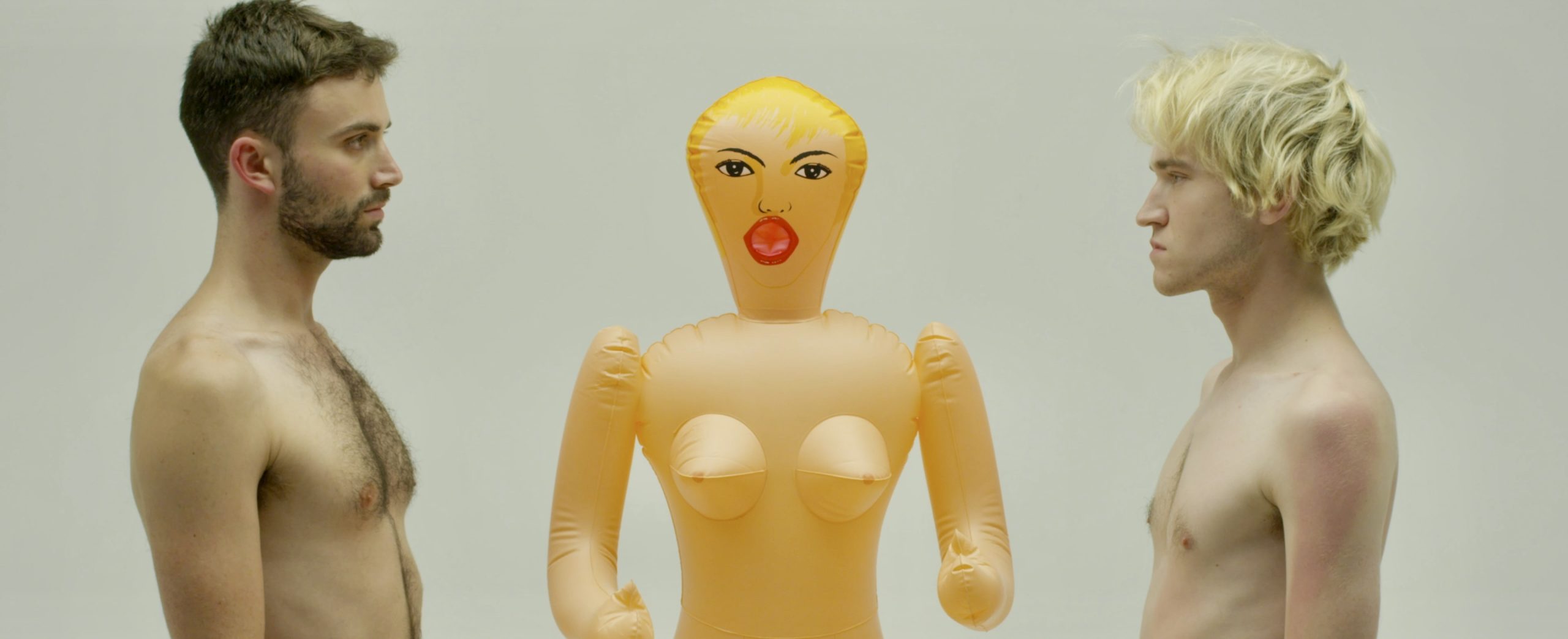
Q: They don’t make good movies like they used to. How do you make sure you’re always bringing something new to the table in a field that is increasingly becoming oversaturated?
A: There’s no originality in modern Arab productions. I feel like I’m enjoying making experimental movies more than just regular cliché films. I enjoy the genre so much and to me it’s more like having open ended questions where people can take whatever they want from it. It’s like an art piece. I don’t want to push a narrative down people’s throats. “Fragile, handle with care” is one of my first experimental projects that was crafted based on my experience, which portrays how we eventually become numb overtime in everything that we do, be it a past experience or a current situation. Experimental films work better because people will see things that are not intended to show. People will always somehow connect what they see to something they already experienced. This film marked a turning point for me, inspiring a pursuit of experimental cinema. The support from peers and fellow filmmakers strengthened my confidence to persist.
Q: There are so many ways to be creative. Painting, singing, writing – why did the film industry stand out to you?
A: I experienced art in many forms. I am drawn to painting and writing and anything artistic wise. I use all forms of media to prove a point or feel something that I want to feel in different perspectives. If I feel down for example, I paint my emotions on an empty canvas, and it’s always been like that for me. I express my feelings through my creativity. I resort to painting and writing to express my feelings when I can’t put my thoughts into words. My films are inspired by a poem or painting that I had done, so that’s why most of my films have my personality attached to them. It’s therapeutic to me. One of my projects, “Seduce, Reuse, Recycle,” explored my past relationship and was a deeply personal endeavor. It received nominations at the Lebanese Independent Film Festival in 2023 and was a semifinalist at the Student World Impact Film Festival in the same year. Premiering it at LIFF in my home country was a proud moment, and being recognized by both festivals was a significant achievement, especially considering SWIFF’s selection from over 10,000 submissions worldwide.
At this point I wasn’t fully healed but making something creative out of my feelings really helped me get over it. So, it always somehow depends on what phase of my life I’m going through, it’s kind of like taking people with you on a journey throughout your life. “Untitled Writings” is also one of my projects that I based off a series of poems combined together with narration and visuals, that mostly talks about previous relationships and burdens.
Q: What do you think the industry is lacking? Both in New York and Beirut?
A: In Lebanon, we definitely have to branch out into new ideas and new faces like I was mentioning before. We lack bringing in new ideas into the industry and it’s always like we are making a film or series out of another that’s already been made in another country (like Turkish or Mexican series). I would love to see new blood in Arabic media and also be able to introduce controversial ideas in movies/series without having them be taken down or banned to show (like the Barbie movie). In NY, on the other hand, we should introduce Arabic media more and shed light on Arab actors and crew members. There are so many cultures in New York, and we all gain a sense of home when we see or watch something that brings us back to our roots and brings us together. It’s like opening up a new branch of Beirut into NY.

Q: It’s a competitive field for up-and-coming creatives, and it’s probably even harder making it big when there are a lot of stereotypes that the community is forced to. How have you been able to support the Arab community in New York?
A: Personally, I feel like taking the choice to move there and spend the first 3 years studying and introducing Arabic culture and talent to the outside world has helped to support the Arabic community in New York for sure. I sacrificed and used my voice in NY in order to inspire more Arabs living there and therefore to open up more opportunities for them. That’s also how I met most of my Arab friends in New York who are in the same industry.
Q: What can you tell us about Knefe productions?
A: Knefe Productions is a film production company co-founded in 2024 that primarily takes the essence of Beirut and puts it out there. How we imagined it is Lebanon and Beirut is the knefe and the outside world is the 2ater (sugar syrup). So, they’re better together. The production company pushes for Arab media. We want to create a table where other Arabs can come and join. We need this sense of community abroad. So many talents that aren’t being recognized and we just want to make Arab movies and series abroad. We’re actually working on two productions now, “222”, which is an upcoming short film, and “Jiran”, an upcoming series.
Q: Let’s say you’re back in Beirut and your favorite Lebanese/Arab film director just released a new project. Who is that director and who are you taking with you?
A: No doubt the director is going to be Nadine Labaki, and I’m dragging my friend Jana with me as we are both mesmerized by her work and work ethics while starting our career and she is one of our biggest inspirations. She put in the time and effort to put herself in theaters in Lebanon and abroad as well, which is exactly what we intend to do. She’s smart at choosing her projects (she’s selective) and is always 100% involved in everything which makes the experience much more enjoyable.
Q: I really think it’s interesting to look through the lens of a film director. If Beirut was a scene in a movie, how would you set it?
A: A nightlife scene would show Beirut the way I know it. I would show it more as a nightlife scene and social setting where you’re the authentic version of yourself, under the influence and having a good time even though we’re going through a lot, we just want to have fun. People, the unity, the food, the fun, the generosity, the feeling of home. Hyping up each other to a great dance. The dabke especially, metal ma b oulo, 2id wehde ma betza2if. That’s what Beirut is to me.
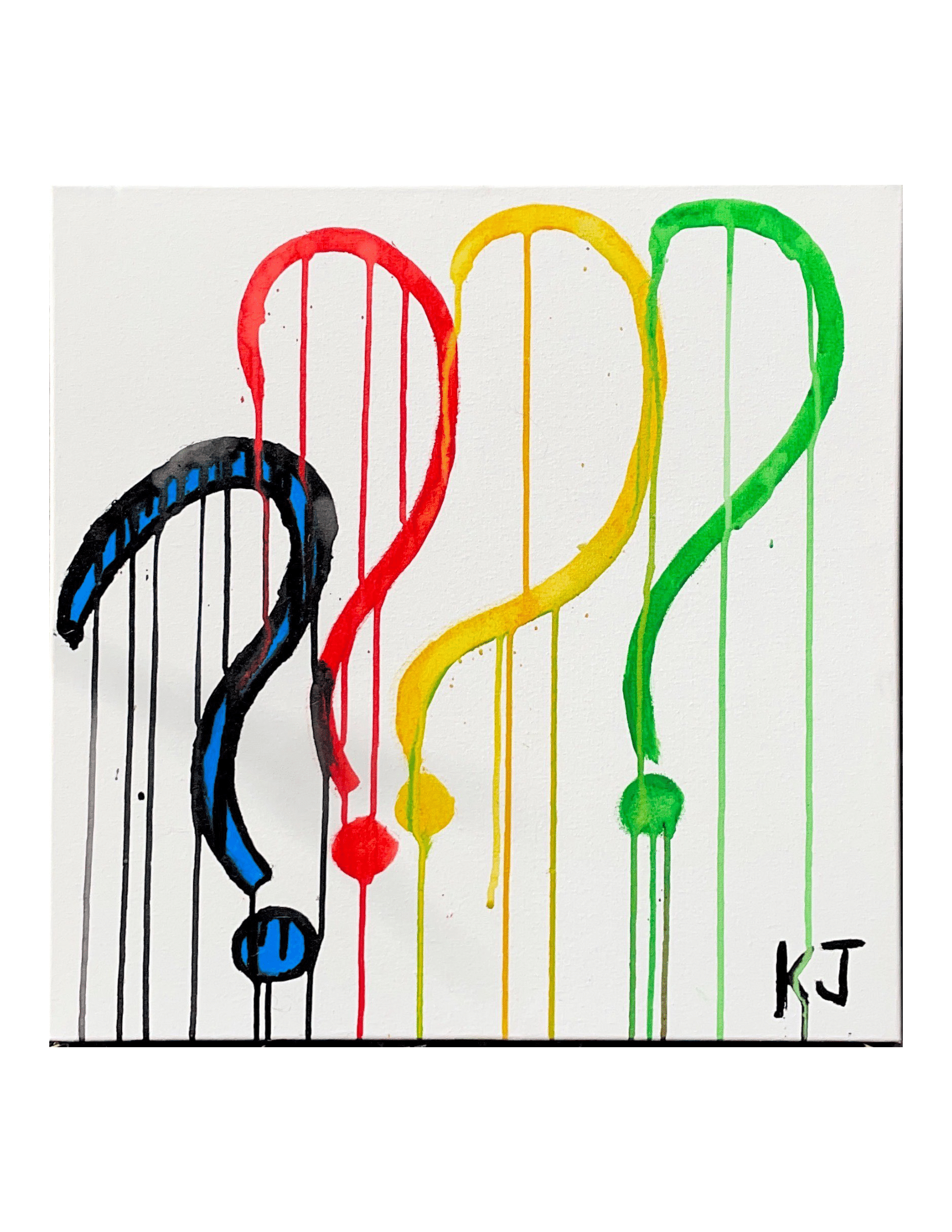
Q: What do you hope for the future of film, both in general and the film industry in Lebanon?
A) stop making useless sequels. No, I’m joking. Do sequels if they’re actually well written, like the same cast and same crew. But don’t make sequels if they’re going to change the whole story and characters. The sequels that I’ve seen just do not deliver like they should have or the way they were being delivered in the first part. Just keep the movie/series as it is, and if you’re going to change most of the things. It won’t hit as much as the old series because people would have already been attached to certain roles or the storyline.
Q: If you can take one thing from Beirut and bring it with you to New York as a source of inspiration or even a prop for your next project, what would it be and why?
A: I would definitely say our Kaak (Lebanese bagel sandwich) or Kent blue cigarettes. The reason is because I often find myself associating Kent Blue cigarettes with the rhythms of my daily life. Whether during study breaks, work pauses, social gatherings, or moments of relaxation, reaching for a Kent Blue became a habitual part of my routine in Lebanon and it makes me feel nostalgic. And for the Kaak, it’s one of my favorite Lebanese breads which is so rare to find in NY, unlike the Manakish where you can pretty much find it everywhere. It’s like the Lebanese version of a bagel and you can never go wrong with having it every day.
If you’d like to reach out to Kareem, you can contact him via email on karimjrab@gmail.com.
